Naturopathy, a holistic approach to health, has a rich history that dates back to the early 20th century. In this article, we delve into the historical reflections of naturopathy and what it’s all about.
The Congressional Definition of Naturopathy (1931)
Naturopathy, as defined by the US Congress in 1931, is the diagnosis and practice of physiological and material sciences of healing. Certainly, this includes a wide range of natural therapies. These therapies include mechanotherapy, hydrotherapy, psychotherapy, and more. Congressional approval was based on an act passed in 1929, which allowed naturopaths to function as doctors in the US.
Challenges Faced Over the Years
However, despite its efficacy, naturopathy has faced challenges over the years. These challenges included efforts to diminish its viability in favor of pharmaceutical-driven medical treatment. They included efforts to diminish its viability in favor of pharmaceutical-driven medical treatment.
This was evident in the Flexner report of 1910, written by Johns Hopkins trained medical administrator and politician, Abraham Flexner. This report resulted in the closure of over 200 medical schools that did not prescribe to this new political mandate. Unfortunately, these challenges have limited the ability of naturopaths to participate in mainstream licensing and insurance programs, often requiring patients to support their health out-of-pocket.
A Holistic Approach
Above all, naturopathy is rooted in the ancient principle of “first do the body no harm,” attributed to Hippocrates, the father of medicine. Consequently, naturopaths believe in non-invasive, holistic approaches to healing that treat the root cause of ailments rather than merely addressing symptoms. It’s about understanding the body’s complex integrated system and guiding it towards self-healing.
A Personal Journey
Without a doubt, for many naturopaths, their journey into this field is deeply personal. They are often driven by a passion for helping people heal and an appreciation for holistic health. I was significantly influenced by my mother’s entrepreneurship. Additionally, I was in search of my own healing journey from many years of receiving cluster vaccinations, eating processed foods, and dairy products. Having this family-inspired experience instilled values of love and morality, shaping my future choice to become a healer.
Get Your Healing Today
Trilera Holistic Care, LLC., was born out of a vision. The vision was to offer an affordable and effective holistic approach to optimal health and healing. This approach is paired with nutrition and lifestyle modifications and offers customized assessment evaluations. Altogether they provide a one-stop shop for holistic wellness for the mind, body, and spirit. We partner with allopathic and natural health-care professionals to offer a community-based approach to healing, whether in-office or via Telewellness! Learn more here: www.trileraholisticcare.com
In conclusion, naturopathy is a profession of healing and wellness deeply rooted in history. Despite its challenges, it continues to thrive as a holistic approach to health. An approach that is guided by the principle of doing no harm and helping the body heal itself. Naturopaths are motivated by a genuine desire to assist individuals on their path to wellness, making it a meaningful and rewarding field.
Contributed by Dr. Mary Olodun, N.D.
The post Exploring the Historical Reflections of Naturopathy appeared first on The 100 Year Lifestyle.


